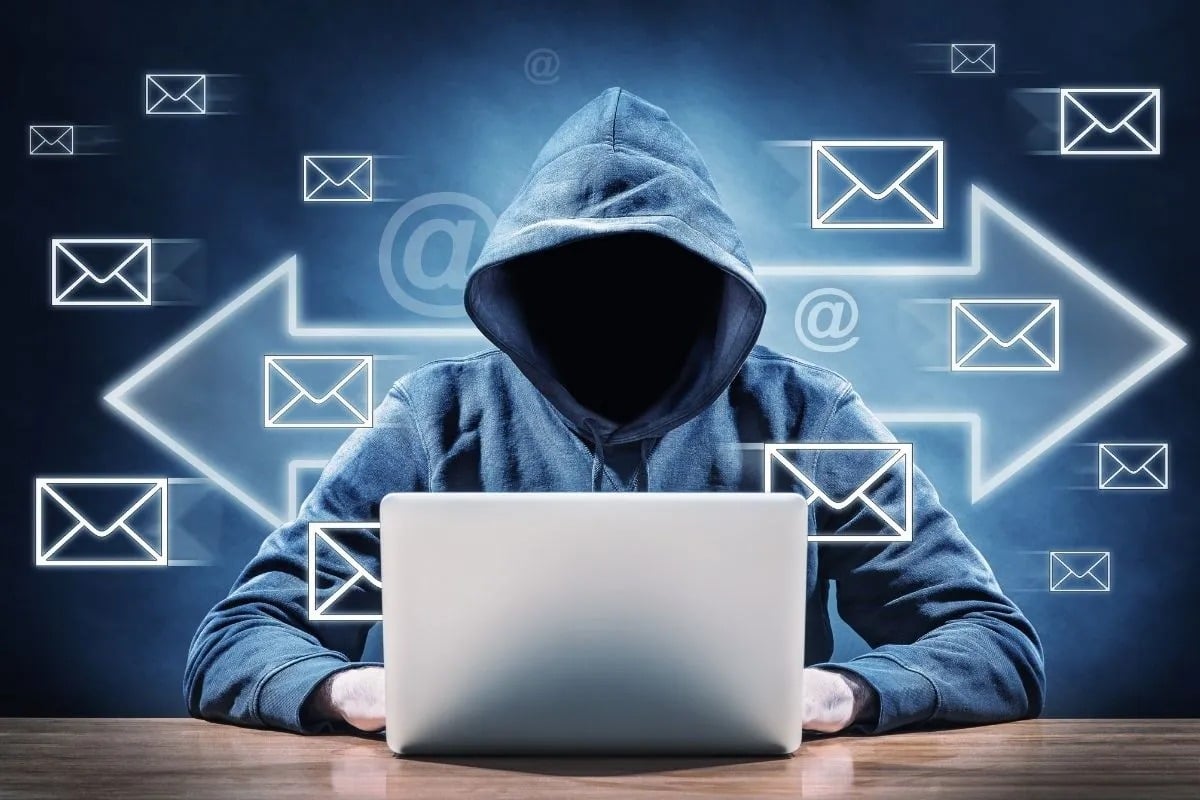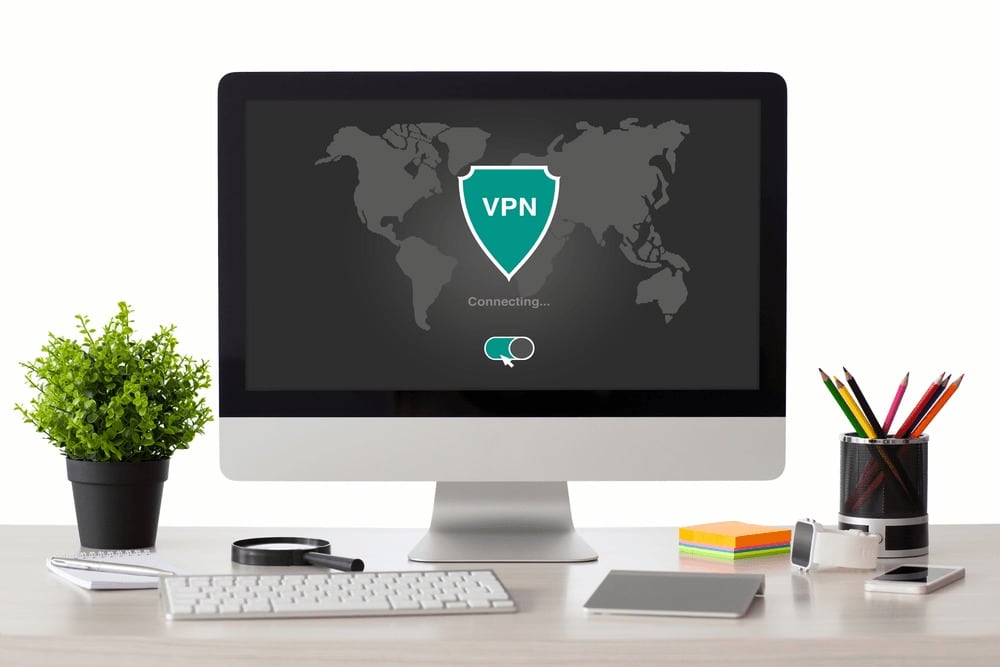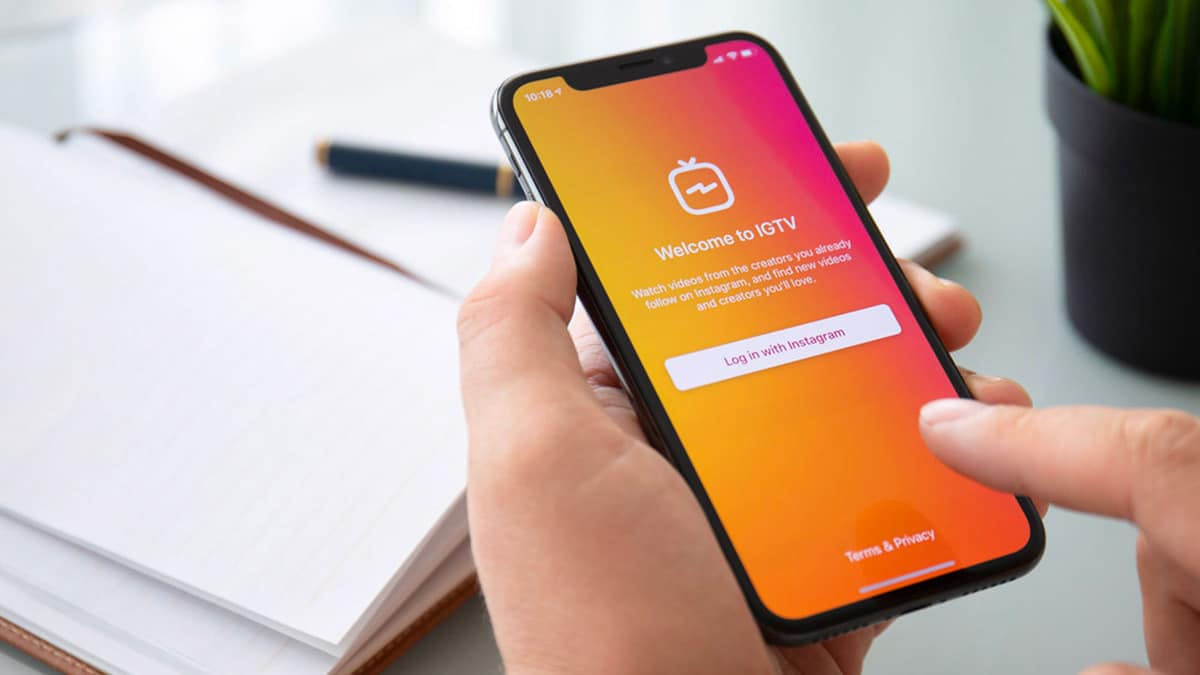Is a VPN Worth It in 2023?
If you‘re wondering, "Is a VPN worth it in 2023?" – this comprehensive guide will explore the key benefits of using a VPN and help you determine if investing in one is worthwhile.
As our lives become increasingly digital, online privacy and security threats are growing. Hackers, cyber criminals, identity thieves, and even government agencies can monitor our activities and steal sensitive data.
So how can we protect our online presence in 2023 and beyond? This is where a Virtual Private Network (VPN) comes into play.
A VPN is a must-have tool that encrypts your internet connection to keep your online activities, identity, and data safe from prying eyes.
Read on as we take an in-depth look at how VPNs work, who needs one, criteria for choosing a good provider, and whether paying for a VPN is worth it in the long run.
The Dangers of Online Privacy Breaches in 2023
Let‘s start by understanding why online privacy is such a big issue. Every day, we go about our digital lives oblivious to the risks.
You‘re checking work emails at the coffee shop, shopping online at home, hopping on public WiFi on vacation. But do you realize just how exposed your data is?
Hackers are everywhere, looking for vulnerabilities to exploit. In 2022 alone, over 1,800 data breaches exposed over 2 billion records. And those are just the reported incidents!
According to PurpleSec, 80% of companies surveyed had experienced a data breach. Of these, 43% were targeted ransomware attacks to extort money.
Cyber threats are only going to get worse. Experts predict that a business will fall victim to a ransomware attack every 2 seconds in 2023!
So how does this affect you? Well, consider what‘s at stake if your personal or financial information gets compromised:
- Identity theft resulting in financial loss or damaged credit
- Email and social media accounts getting hacked
- Fraudulent purchases made on your payment cards
- Private photos or messages leaked publicly
- Banks accounts drained by hackers
- Losing control over sensitive work documents
- Having your browsing history exposed
Scary, right? Now imagine this happens because you simply connected to public WiFi to briefly check your email.
A quality VPN prevents these kinds of privacy invasions by encrypting all the data you send and receive online. This makes it virtually impossible for cyber criminals to intercept your sensitive information.
I don‘t know about you, but this alone makes a VPN seem incredibly worthwhile to me in 2023!
How VPNs Help Protect Your Data
So how exactly does a VPN keep your data secure? Here‘s a quick rundown:
A VPN works by creating an encrypted tunnel between your device and the internet. Instead of your traffic going directly to a website, it first goes through an intermediary VPN server.
This server could be located anywhere in the world, allowing you to "spoof" your location. The VPN encrypts your data before it leaves your device. This encrypted data gets sent to the VPN server and is decrypted only at the end of the tunnel.
So as the data travels between your device and the website you‘re accessing, it remains securely encrypted and anonymous. Your internet service provider (ISP), hacker, or government spying cannot decipher or track what you‘re doing online.
When you connect via a VPN, your IP address is masked with that of the VPN server‘s. This hides your physical location. It also prevents websites from linking your browsing habits back to you – meaning more privacy.
Research conducted by Security.org in 2022 found that 68% of US adults were concerned about their privacy when using the internet.
But among those who used a VPN, 65% felt their online activities were very secure and private. This demonstrates that VPNs can significantly allay people‘s fears about online privacy invasions.
Key Advantages of Using a VPN
Now that you know how VPNs function, let‘s go over some of their major perks:
Secure Public Wi-Fi Access
Public Wi-Fi networks at airports, hotels, cafes and other venues are not very secure. In fact, just opening an email on an unsecured public network can expose your data.
Hackers often lurk on open networks, intercepting everything from usernames and passwords to credit card numbers entered online. A VPN secures your connection on public Wi-Fi to keep these cyber criminals at bay.
Bypass Geographic Restrictions
VPN allows you to access websites and content that may be geo-restricted where you live. By routing your traffic through another country, you can bypass government censorship or blocks on apps, websites and streaming media.
According to data from Top10VPN, 25 countries around the world restricted their citizens‘ internet access in 2022. People in these countries can leverage VPNs to gain uncensored access to information.
Enhanced Privacy & Anonymity
VPN hides your IP address, making it harder for advertisers, ISPs or data aggregators to monitor your online activities or build profiles on you. It adds a layer of anonymity to your browsing.
Increased Security for Banking & Shopping
When you connect via an encrypted VPN tunnel, it‘s much harder for anyone to steal your financial information on unsecured connections. VPNs prevent credit card fraud and identity theft.
Unblock Streaming Content Globally
Using a VPN allows you access streaming content that may be geo-blocked where you live. For instance, Netflix has different libraries per country. A VPN lets you virtually hop between countries to unlock more shows and movies.
Who Needs a VPN in 2023?
Given the benefits above, VPNs are useful for pretty much everyone who values their privacy, security and access to information. But there are some common use cases where VPNs prove especially beneficial:
Travelers using hotel Wi-Fi or public hotspots
Remote workers accessing company data and networks
Journalists, activists, and citizens in restricted regions
Online shoppers and banking users
File-sharers looking to keep their activities anonymous
Online gamers seeking faster connections by optimizing latency
Media streamers wanting to bypass geographic blocks
Cord-cutters accessing region-locked content
According to GlobalWebIndex, VPN usage is on the rise worldwide with awareness rates at around 50% across internet users surveyed. The highest awareness and adoption levels were in the Middle East and Asia Pacific regions.
With internet freedom threatened across more countries, VPNs serve an important purpose for the common citizen. Even in freer regions like North America and Europe, VPN usage is growing.
Criteria for Choosing the Best VPN
The VPN market is crowded with hundreds of providers. To find one that truly safeguards your online privacy, here are key features to evaluate:
Encryption & Security Protocols
Look for AES-256 bit encryption as a minimum. Top providers also support protocols like OpenVPN, WireGuard, IKEv2/IPSec for added security.
Server Network Coverage
A wider server network across multiple countries gives you more options to spoof locations and bypass restrictions.
Strict No-Logging Policies
Select providers that do not log or store your browsing history, traffic data, IP address or any activity. This ensures anonymity.
Speed & Reliability
Favor VPNs that offer fast connection speeds across all servers to avoid slowdowns. Look for 99.9% uptime guarantees.
Device Compatibility
The VPN should support all of your devices – Windows PC, Mac, Linux, iOS and Android mobiles, and routers.
Easy-to-Use Apps & Setup
Apps for all devices should offer one-click connect, intuitive interfaces, and a visible server selector.
Customer Support
Look for 24/7 live chat and email support in case you need assistance. Responsive support reflects reliability.
Simultaneous Connections
Ability to secure 5-10 devices on one account so you can encrypt all your gadgets.
Extra Features like split-tunneling that allows some traffic to bypass the VPN, dedicated IPs for unique addresses, password manager, and so on.
Money-back Guarantee
Free trials and refund policies in case you are not satisfied with the service.
Top 3 Recommended VPNs for 2023
Based on the above criteria, my top recommendations for reliable VPNs in 2023 are:
- NordVPN – This Panama-based provider offers over 5500 servers in 60 countries, AES-256 encryption, 6 simultaneous connections, fast speeds, easy-to-use apps, 24/7 live chat support, 30-day money-back guarantee and plans starting at $3.29/month. Ideal for streaming, public Wi-Fi security and bypassing restrictions.
- Surfshark – Boasts a network of over 3200 servers in 65 countries, unlimited device connections, AES-256 encryption, split tunneling, dedicated IP options, 30-day refund policy with plans starting at $2.49/month. Great for unblocking geo-restricted content on Netflix, Prime Video, etc.
- Atlas VPN – Fast speeds with 750+ servers in 45 locations worldwide, WireGuard protocol, unlimited data bandwidth, five simultaneous connections, ad blocker, and other privacy tools. Free version available with premium at $2/month. Reliable for remote work and travel.
VPN Frequently Asked Questions (FAQ)
Can a VPN give me full anonymity?
VPNs provide a high degree of online anonymity but not full invisibility. Advanced agencies have ways to potentially identify VPN users through traffic analysis, even if they can‘t see the data. For maximum anonymity, use a VPN in conjunction with Tor browser.
Will a VPN completely stop targeted advertising?
A VPN makes it very difficult for ad networks to track you and cuts down on targeted ads. But clever online trackers may still find ways to serve you personalized ads in some cases. Using a reliable ad blocker helps.
Is a VPN enough security against hackers?
A VPN provides an important layer of protection when using public Wi-Fi, banking online, etc. But you still need comprehensive security – antivirus software, firewalls, safe browsing habits, encrypted messaging apps, two-factor authentication on accounts and strong unique passwords for each account.
Does a VPN affect internet speeds?
Connecting via a VPN may lead to slightly slower speeds due to the encryption involved. However, top VPNs have super-fast servers that minimize speed loss. Connecting to a VPN server close to your location gives the fastest speeds.
The Takeaway – Is Paying for a VPN Worth it?
In conclusion, the threat landscape continues to put our digital lives at risk. As cyber attacks become more sophisticated, a VPN is no longer a luxury – it‘s a necessity.
For less than $10 a month, a good VPN can help protect your online identity, sensitive information, financial transactions as well as provide uncensored access to the web.
Considering the peace of mind, security and flexibility a VPN offers, it is certainly a worthwhile investment for 2023 and beyond. The small monthly cost is minor compared to the damages and headaches caused by a major privacy invasion or data breach.
So don‘t wait until you become the victim of cyber crime to take action. Take steps now to lock down your digital presence. Stay safe!






